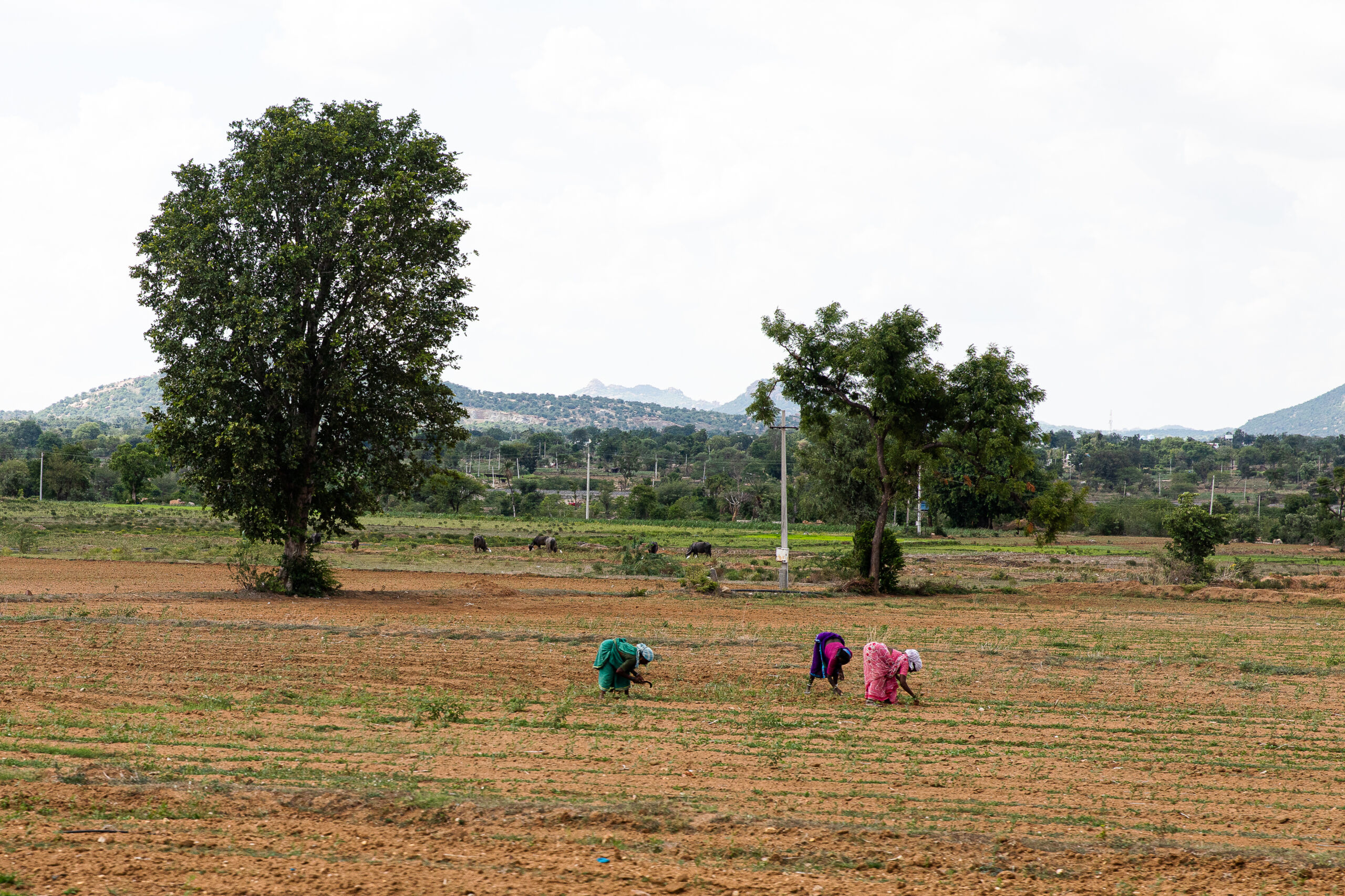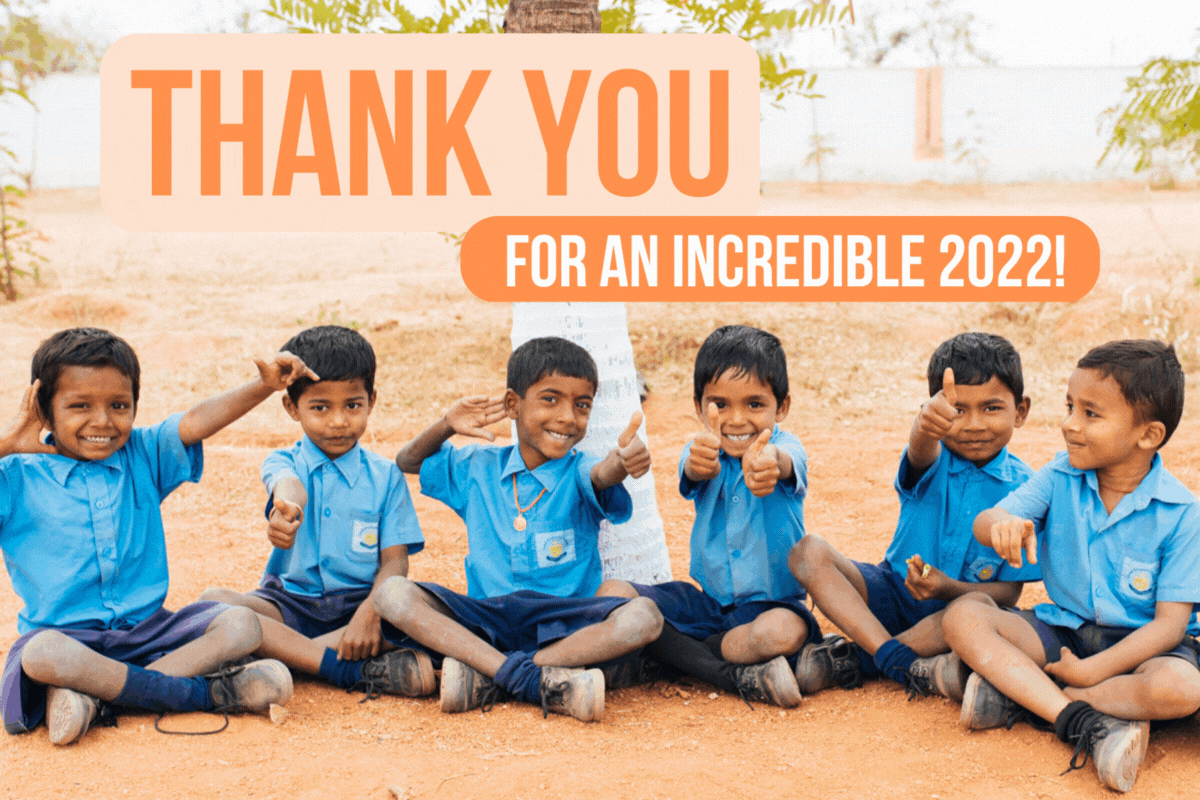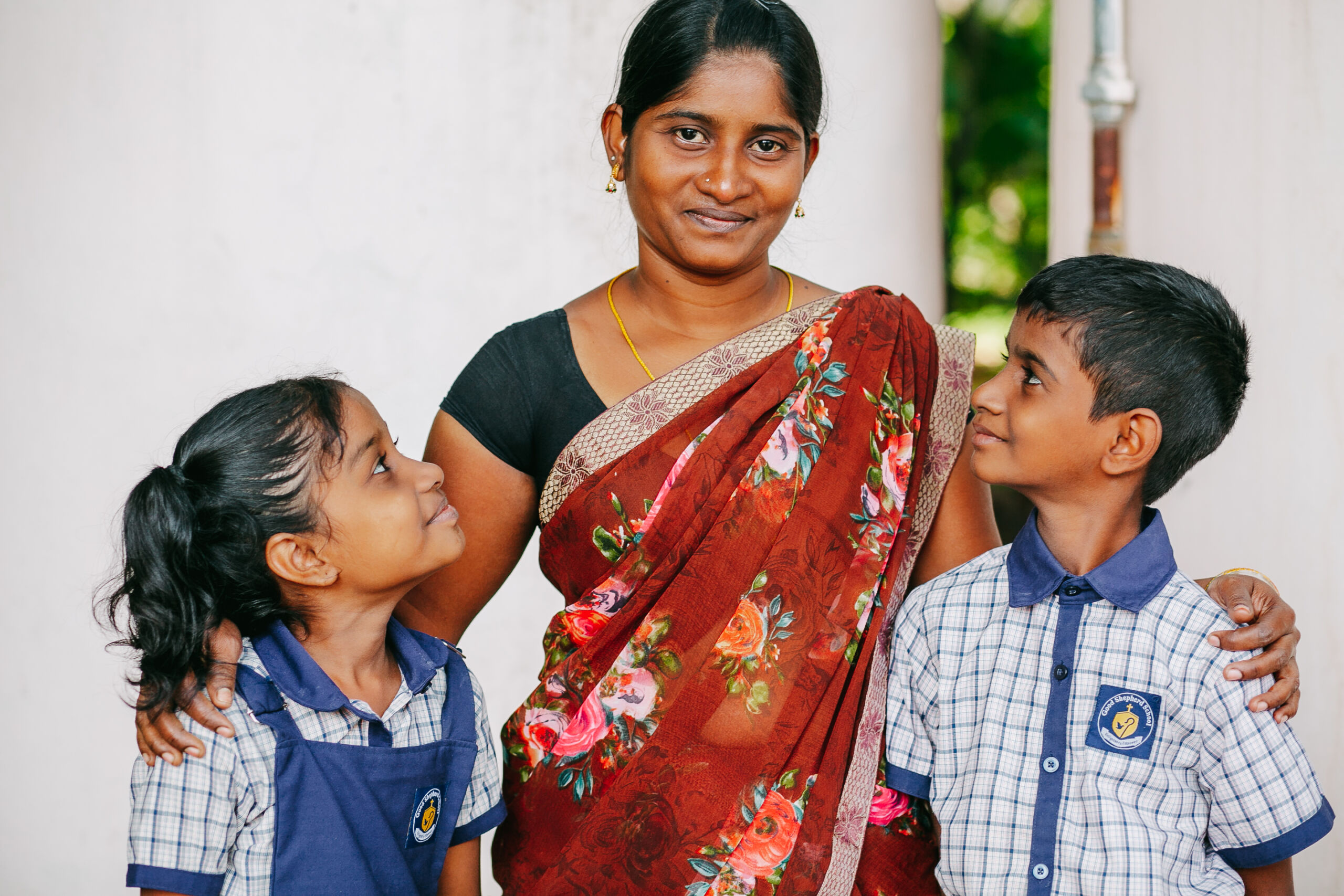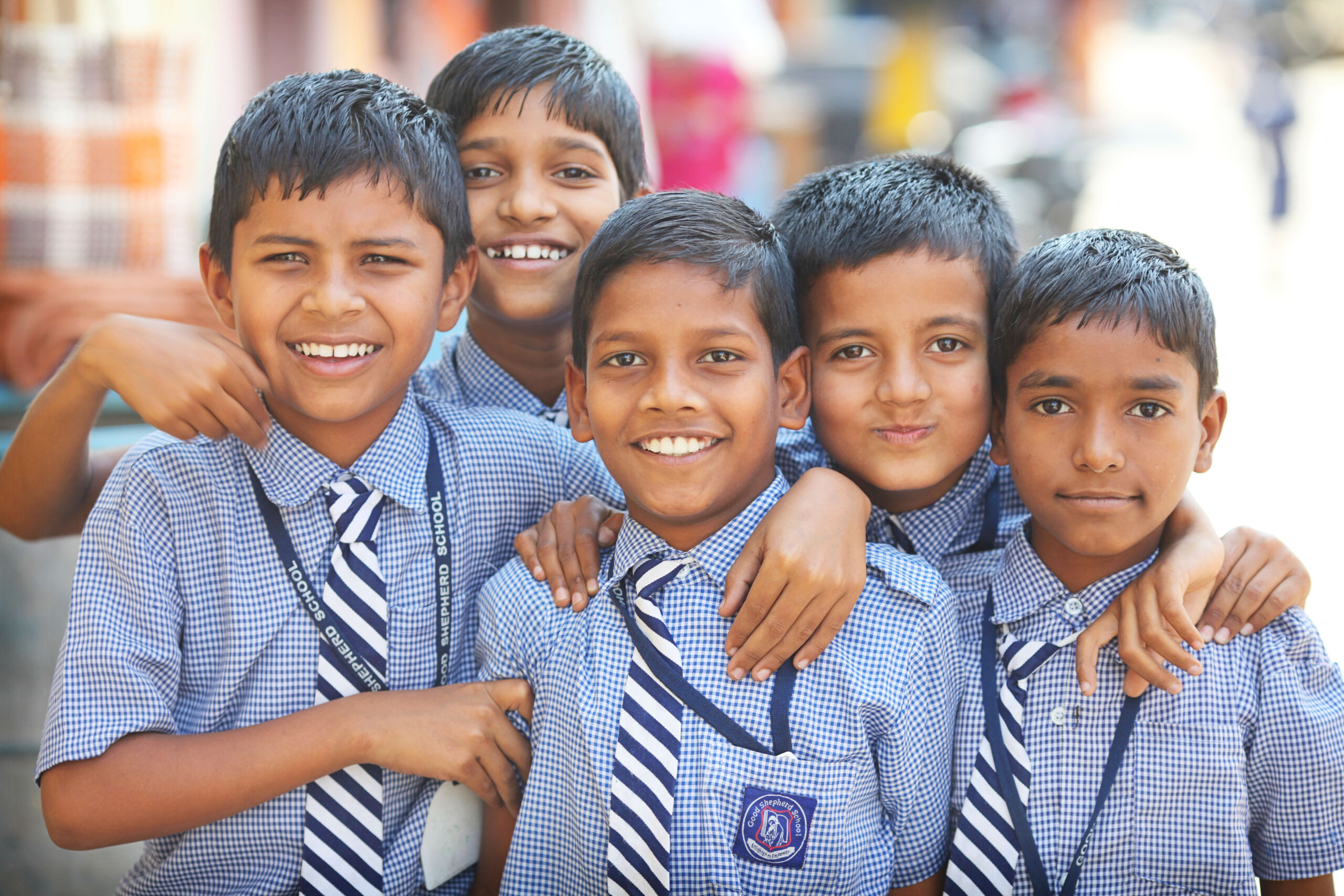For as long as Ijaya can remember, her hands have been covered in cuts and calluses. She began working in the fields as a young girl, and has done so ever since – those long hours in the hot sun never felt too difficult because she knew the money she earned would feed her loved ones.
Recently, Ijaya’s hands have been softer than ever before, but for her this isn’t a blessing…
More than 60% of India’s 1.3 billion people depend on agriculture as their main source of income. Often, fathers, mothers, grandparents, sons, and daughters will all work long hours on farms across the country to earn the money they need to survive. Many work thousands of miles away from their families to support them. In the past few months, the headlines have recounted story after story of how the pandemic affected these workers. Thousands of day laborers were left without work, without a place to sleep, and without transportation. They were forced to make the long journey home by foot, with no idea how they would find the resources they need to put food on the table.
The struggles of these hard-working people do not end there.
Since November 2020, many farmers in India have begun actively protesting new legislation that drastically affects the agricultural industry and their right to fair income and market regulation. Hundreds of thousands of people are camped across highways and streets in Delhi to demand justice and support from their government. Their goal? Protect the future of every farmer in India.
Recent changes to laws seek to remove minimum selling prices and reduce government involvement in the industry. The government will no longer provide legal representation or act as the middleman between farmers and corporations. This will leave workers vulnerable to extreme exploitation. They already work for very low wages. Their earnings will plummet even further, forcing families like Ijaya’s further into poverty. Farmers already suffer from low incomes, discrimination, and abuse in the field. They are often enslaved to the landowner and trafficked from their remote village to work on large farms. Now, they are taking a stand against injustice and asking the world to stand with them. They are facing a three-front battle: New laws that reduce their income, the protests that make them vulnerable to violence, and the pandemic.
While we can’t predict the outcome of these protests, we can act to help meet the immediate practical needs of India’s struggling families.
Your gifts can provide meals to keep the vulnerable alive and healthy as they struggle for a fair wage.
And, as parents like Ijaya struggle to find ways to access reliable income to provide for their household, your commitment to sponsor a child’s education enables children to stay in school. School provides the support network children need to learn and grow AND the freedom and safety to play as a child, to be a child.
These are hard days for all of us. Thinking of tomorrow can leave us filled with worry, loneliness, and stress. But when we join together and choose to do our part in lifting one another up, we create the hope that tomorrow can be just a little bit better than today






Get Social